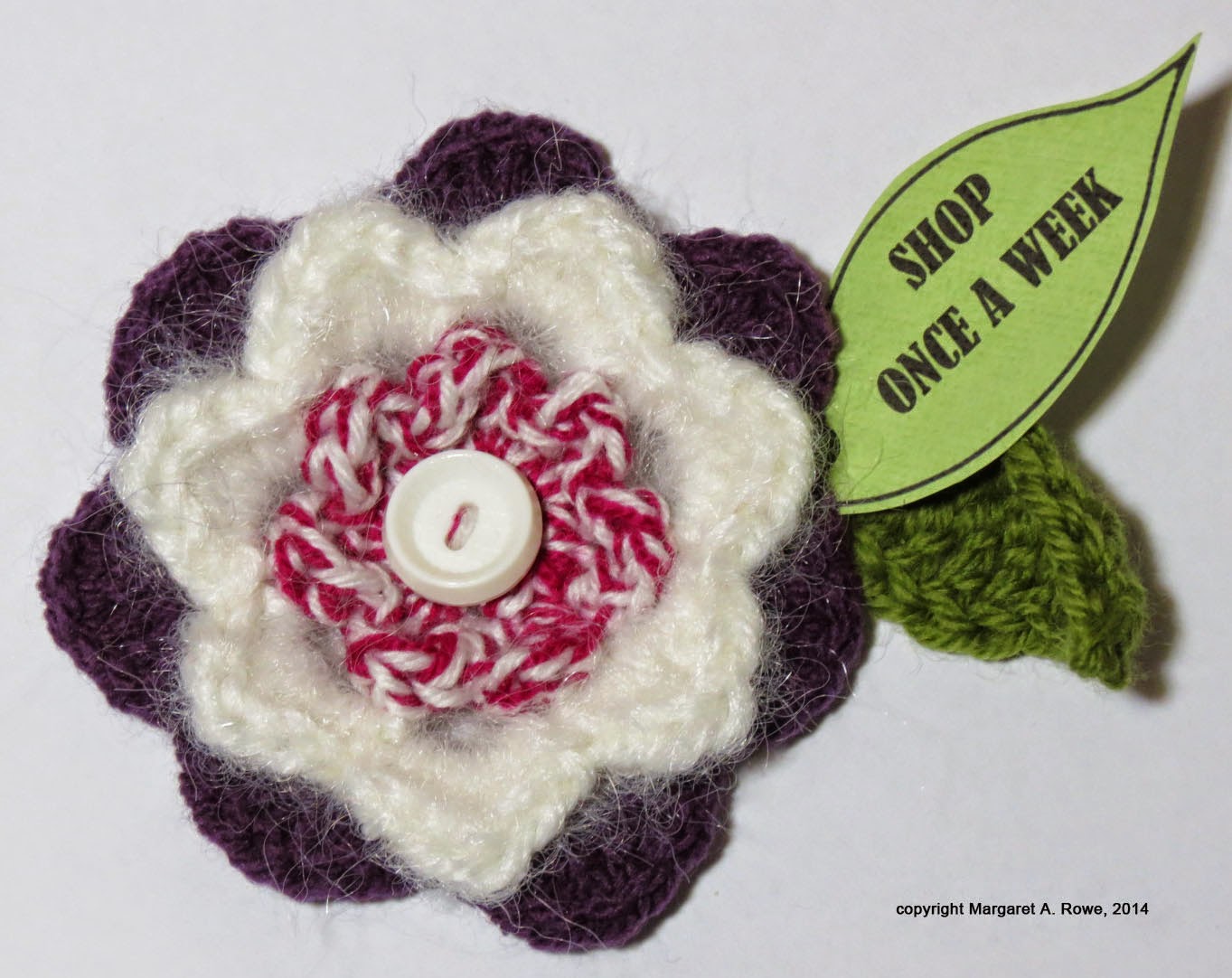1000 Flowers for the Planet - #339 Put a Tail on Your Mouse
That would be your computer mouse.
A wireless mouse might make the desk look less cluttered and
it might feel easier to use, but it can go through a staggering number of
batteries. My mouse takes two AA batteries, I switch it off every night when I
turn off the computer, yet I only get about 6 to 8 weeks use from those
batteries. This means up to 17 batteries are being used every year and whilst I
do recycle them, that’s not really the point.
The suggestion to ‘put a tail on your mouse’ means using a
mouse with a cord that connects into the back of the computer, thereby powering
it by electricity rather than batteries. This will save the cost of the
batteries, avoid the need to recycle batteries (never a first choice option),
as well as avoiding landfill from packaging. Batteries are an environmental
problem all the way along their life-cycle. Large amounts of fossil fuels are
used to mine the mineral resources used in the production of batteries. More
fossil fuels are used to transport the product from manufacturer to wholesaler
to store to consumer. Once home, packaging is often tossed into the bin to go
to landfill. Then, if the batteries themselves are tossed into landfill they
can leach harmful chemicals into the environment where water systems become
polluted. They’re bad news really, so let’s think of every way possible to
avoid using them – such as putting a tail on your mouse.


























